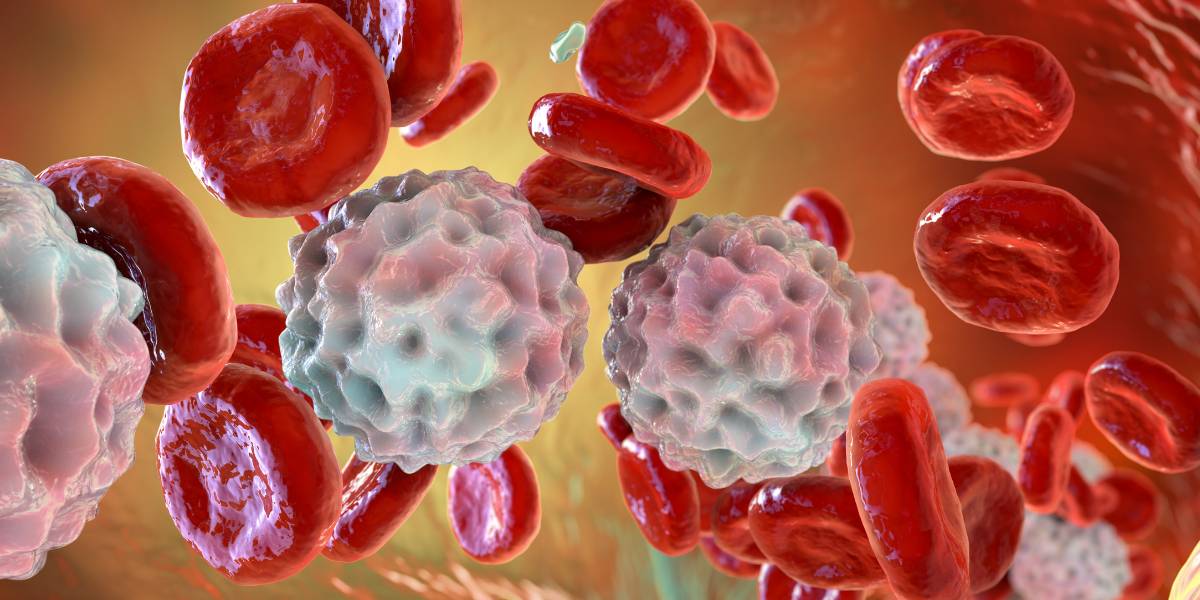White individuals are more likely to be diagnosed with cancer compared to ethnic minorities, academics have reported.
Academics from Cancer Research UK found that the number of cancer cases amongst the Asian community is nearly 40% per cent lower than the white population.
Meanwhile, cancer rates in the black community are four per cent lower than that of the white community, and mixed-race people are 40% less likely to develop the disease when compared to white people, the study has revealed.
- Reducing or cutting out meat from diet linked to lower overall cancer risk, study indicates
- Thyroid cancer triggered by obesity, latest evidence shows
However, the black population are twice as likely to be diagnosed with prostate and blood cancer compared to white people, the research has reported.
First author, Dr Katrine Brown said: “The study shows there are disparities in cancer rates across different ethnicities.”
During the study, the team of researchers assessed date from three million people who have been diagnosed with cancer in England between 2013 and 2017.
They found that white individuals were 50% more likely to be diagnosed with skin cancer, lung cancer, bladder cancer and oesophageal cancer compared to ethnic minorities.
The white population are more at risk of developing skin cancer as they are more likely to harm their skin in the sun compared to those who are black, Asian or mixed-race.
According to the study, stomach and liver cancers are more common amongst the black and Asian population.
Cancer rates can be higher amongst certain ethnic groups for several different reasons, including access to screening and vaccines.
In addition, black and Asian communities are less at risk of developing breast, bowel and lung cancer as smoking rates are lower amongst these groups compared to the white population, the findings have shown.
- Deeper understanding of link between inflammation and pancreatic cancer revealed in new study
- Alcohol consumption increases risk of cancer, research shows
However, in the future this could alter as ethnic minority children are currently more obese than white children, a prior observation into primary schools has found.
An individual’s cancer risk can be determined on various elements, such as age and genetics, the analysis has identified.
Fellow academic, Michelle Mitchell said: “These affected some groups more than others and created inequalities.
“We already know that the burden of cancer weighs heaviest on the most deprived in the UK. More research is needed to understand the challenges faced by different ethnic groups and how the cancer journey differs for people.”
The study was published in the British Journal of Cancer.







